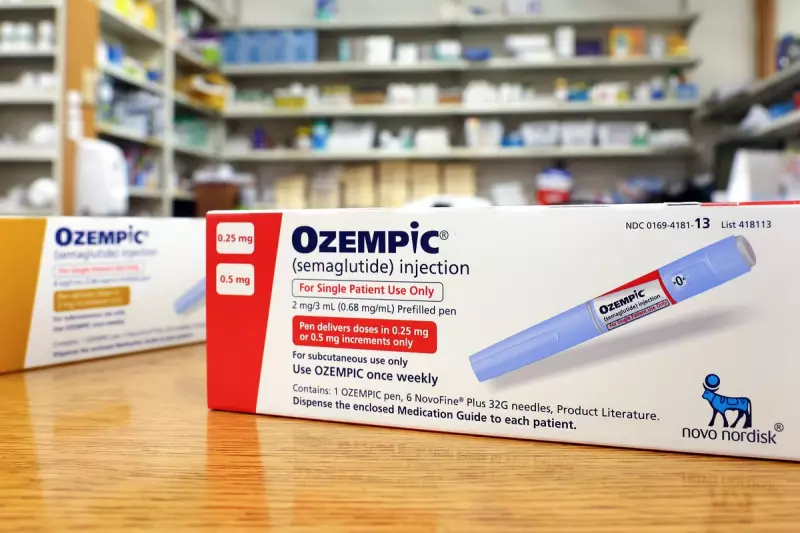
In a remarkable medical breakthrough that could transform treatment for millions, British scientists have discovered a revolutionary cancer drug with an unexpected benefit: it may help combat weight gain in patients who cannot use popular medications like Ozempic.
A Dual-Action Medical Marvel
The groundbreaking treatment, currently undergoing advanced clinical trials, has shown significant promise in targeting cancer cells while simultaneously regulating metabolism. This unexpected dual action positions it as a potential lifeline for patients struggling with weight management issues when other treatments are unsuitable.
Hope Beyond Ozempic Limitations
While medications like Ozempic have revolutionised weight management for many, they're not suitable for all patients. Some experience severe side effects, while others have medical conditions that prevent their use. This new discovery offers hope where previous options have failed.
How It Works
The innovative drug operates through a unique mechanism that differs fundamentally from existing weight management treatments. Rather than solely focusing on appetite suppression, it targets metabolic pathways at the cellular level, creating a more comprehensive approach to weight regulation.
Clinical Trial Success Stories
Early results from UK-based trials have generated excitement within the medical community. Participants not only showed improved cancer outcomes but also demonstrated better weight management and metabolic health markers.
Patient Perspectives
One trial participant shared: "After years of struggling with weight gain following cancer treatment, this has been life-changing. I've not only seen improvements in my cancer markers but finally feel in control of my weight."
The Future of Integrated Treatment
Medical researchers believe this discovery could pave the way for a new era of integrated treatments that address multiple health concerns simultaneously. The approach represents a significant shift from single-purpose medications to more holistic therapeutic solutions.
What's Next?
While more research is needed, the medical community is optimistic about the drug's potential. Larger-scale trials are planned, with regulatory approval potentially within the next two to three years if results continue to show promise.





